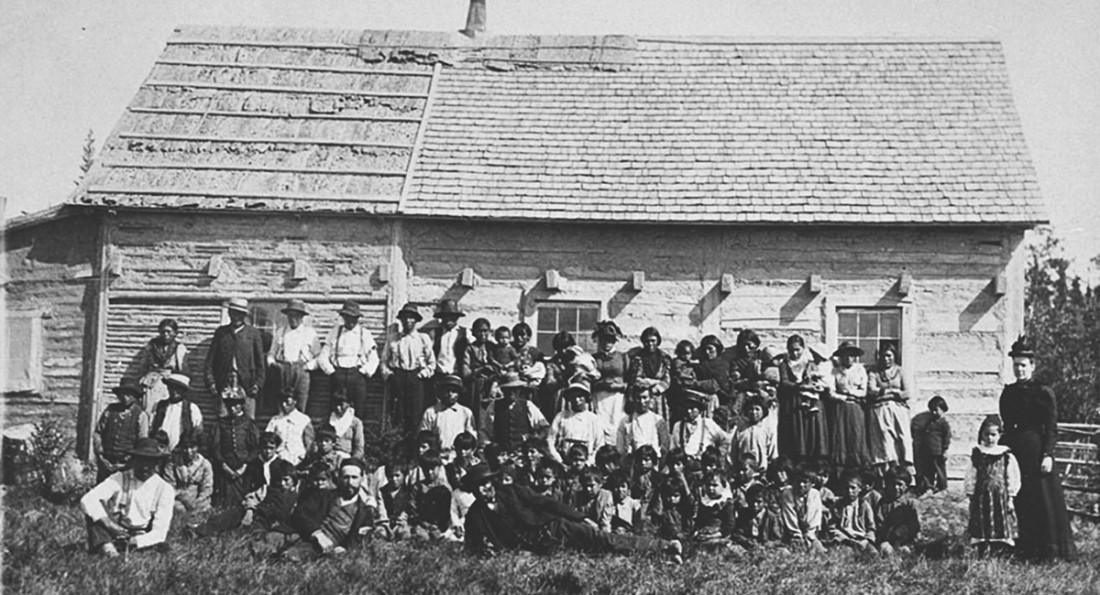The truth is painful
University of Winnipeg symposium to raise awareness of intergenerational impact of residential schools, language loss
Winnipeg has the largest urban population of Aboriginal people in Canada, and more than 12% of the University of Winnipeg’s students are Aboriginal.
On Friday, March 21, UW will host Cultures Disrupted: The Legacy of Residential Schools and Language Loss Symposium as participation in the procedures of the Truth and Reconciliation Commission of Canada (TRCC), which is responding to the effects of the Indian Residential Schools system.
All three members of the TRCC will be present at the symposium: the Honourable Justice Murray Sinclair, Chair Dr. Marie Wilson, and Commissioner Chief Wilton Littlechild.
“It’s quite a coup that we have the three commissioners here,” says UW’s Communications Officer, Naniece Ibrahim, who is on the organizing committee for the event.
“I think I’m a well aware individual, and I am familiar with what is going on around me,” Ibrahim says. “But when Justice Sinclair received his honorary doctorate a few years ago and he talked about his experience in residential schools, what resonated with me, and what I had never thought about before, are the intergenerational effects of residential schools.”
Ibrahim explains that the event will focus on providing the opportunity for people to share their own experiences about residential schools.
“I think a lot of educated people might not make the connection, and we need to talk about these lasting effects,” says Ibrahim. “The legacy we’re left with of the intergenerational effects of residential schools is pretty disturbing. As a Canadian, I think what happened is so very sad.”
The TRCC builds upon the Statement of Reconciliation made January 7, 1998 by then Minister of Indian Affairs and Northern Development, the Honourable Jane Stewart, on the occasion of the unveiling of Gathering Strength – Canada’s Aboriginal Action Plan. This plan was itself a response to the Royal Commission on Aboriginal Peoples report.
Stewart affirmed the essence of the report in her address. “The main policy direction, pursued for more than 150 years, first by colonial then by Canadian governments, has been wrong.”
According to their website, the TRCC has collected over 6,200 statements so far.
“Our government tried to annihilate their culture, they took away their language,” Ibrahim says. “Without your language you lose stories and memories.”
Friday’s event will consist of two panel discussions. The first, moderated by Wab Kinew, UW’s Director of Indigenous Inclusion, will consist of stories and experiences from the three members of the TRCC. The second part, titled Linguicide, deals with the loss of language. It will be moderated by Jennifer Rattray, UW’s Associate Vice-President of Indigenous, Government, and Community Affairs. Both panels include the opportunity for audience interaction.
Ibrahim says the portion of the events at which people discuss the effects of residential schools is the most powerful and the most difficult. There will be IRS Health Support Workers on hand to assist anyone in the audience during this process.
Published in Volume 68, Number 24 of The Uniter (March 19, 2014)








